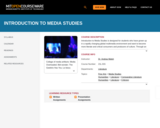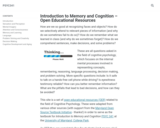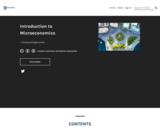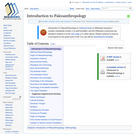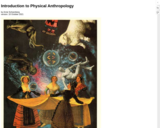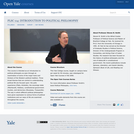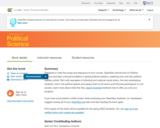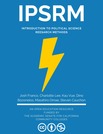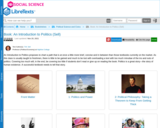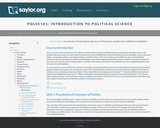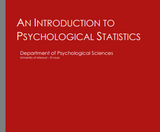The high cost of textbooks prevents many students from succeeding. Textbook prices have gone up 3 times the rate of inflation in the past 30 years. New textbook editions are a scam. Textbooks have become a way to shift the cost of teacher salaries onto the student. The change in Jurmain's Introduction to Biological Anthropology from 2009 to 2011 was to search and replace the word “hominid” for the word “hominin”, and raise the price 20%. Many students will not buy their textbooks (Kingkade 2013), and struggle through class, reading at the library. Other students will order cheap copies online but get the wrong edition, or discounted shipping where it arrives halfway through the semester. Textbooks have become a barrier to student success.
Assigning free online textbooks is one solution. Much of the high cost of textbooks comes from color printing, but black-and-white and text-heavy books are poor options for our predominantly visual learners. Online textbooks allow for unlimited, large, color graphics. For the price of a new textbook, a student can buy a text reader (kindle, ipad, tablet, surface, etc.) or a used laptop. There may still be problems with students' access to high speed internet. The monthly fee for a cable modem service is expensive, but free WiFi is becoming more and more widely available. The new downtown San Diego library is a good example.
Unfortunately, in 2011 when I started this, there were no free online textbook available for Introduction to Physical Anthropology. Probably the closest were Dennis O'Neil's Biological Anthropology Tutorials from Palomar College, Wikipedia's Biological Anthropology and Introduction to Paleoanthropology textbooks, and Augustín Fuentes primatology class notes (no longer available), and I borrowed from these, especially O'Neil. I found most of these sources written in the style of an encyclopedia, and tried to make the textbook more approachable by including my own voice whenever possible.
Some students may lack the necessary computer skills to use an online textbook. Hopefully, the recent increases in funding for basic skills will help. Gone are the good old days whence we scribed our homework on tablets of wet clay. Students must learn computer skills to survive academically and professionally, and the printed textbook is becoming a relic of a bygone age. Information Communication and Technology Literacy is a component of most institutional goals. The more students practice current electronic research techniques, the better prepared they will be for the rest of their academic and professional life.
I previously encouraged students to use their textbook as the main source for my take-home tests, but I found that many students start with the internet as their first source of answers, and then fall-back on the textbook if the info doesn't show up immediately in a search engine. I've come to realize that this is not always bad, as they often discover more current information than the textbook. For rapidly changing issues, such as how many genes are in the human genome, how closely we are related to Neandertals, Homo naledi, or the Cerruti Mastadon eaters, the information available on sites such as Wikipedia is often more accurate than the typical textbook written three to ten years ago.
